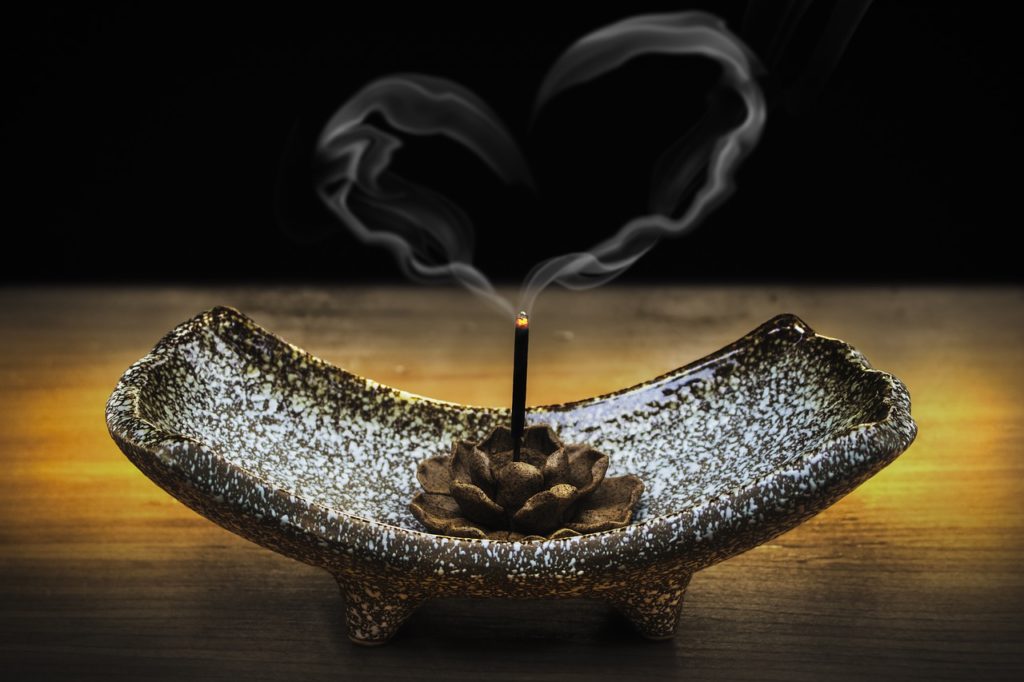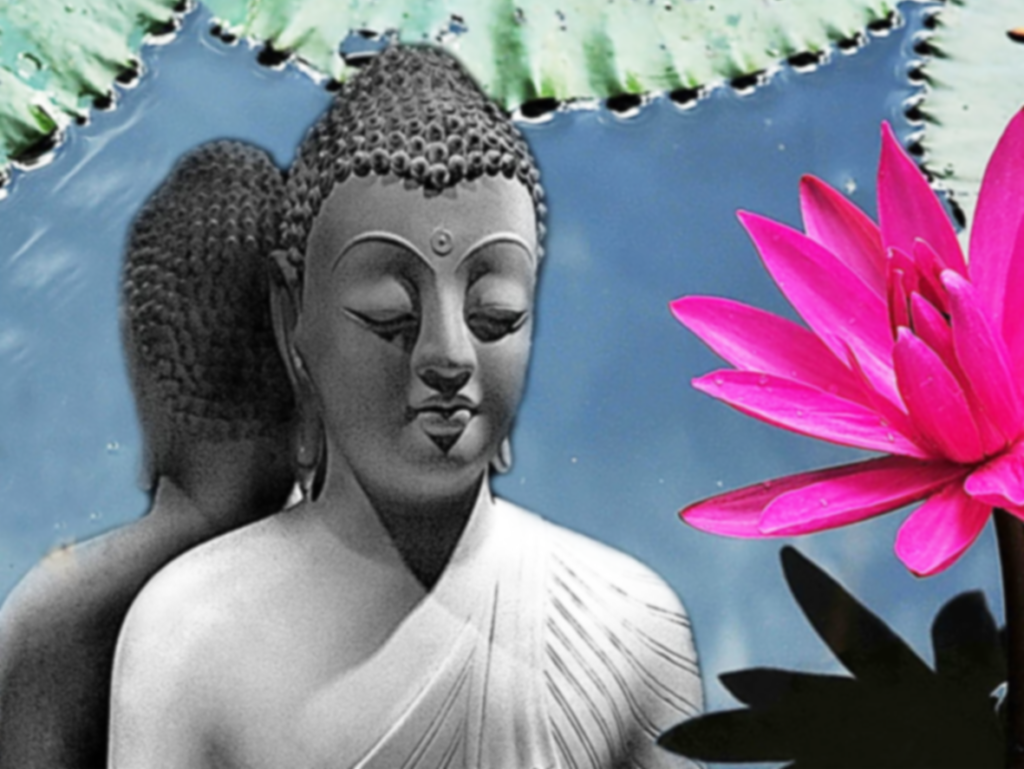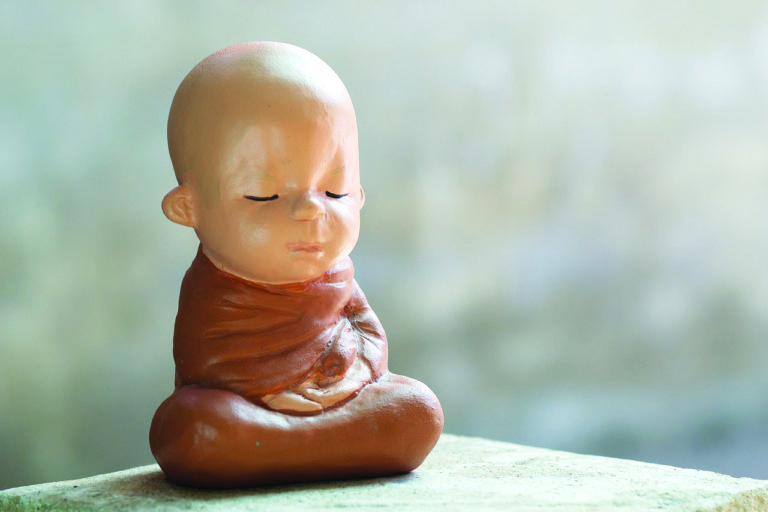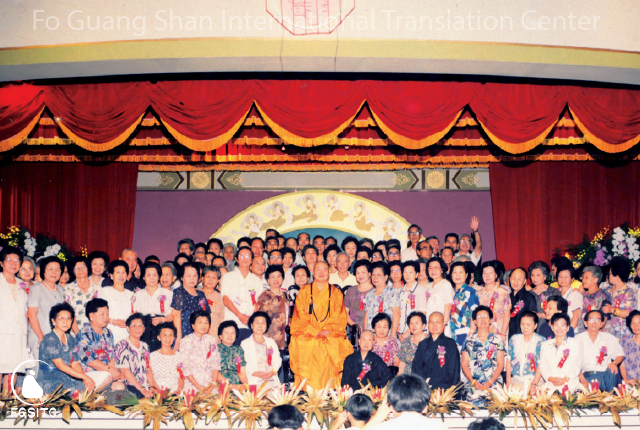
Anger is distinguished from greed in that anger is a form of revulsion created by something we do not like while greed is a form of attraction brought on by something we do like. In this limited sense, and in this sense only, greed can be said to be “better than” anger. Greed at least has some positive components while anger generally has none at all.
Anger is one of the greatest obstructions to the successful study of Buddhism. Anger is a form of passionate ignorance. It is hard enough to learn when we are simply ignorant, but how can we ever learn if we are passionate in our ignorance? Only a quiet and receptive mind can learn. A mind raging with fire only burns its own fuel. For this reason, the Buddha often counseled his followers to beware of anger. All of us must learn to control and overcome anger.
Anger is a form of energy.
The most basic way to cure anger is to see it that way. Remove all labels from it and disentangle it from all stories or excuses about why it is there. Seen purely as energy, anger is more easily put in perspective and controlled. Another way to control anger is to consider times in the past when you were angry. What do they matter now? Did they really matter then? After enough time has passed, recalling anger is like recalling the heat of a fire. There is a memory but no feeling.
The Mahaprajnaparamita Sastra says:
Overcoming anger brings peace to the mind. Overcoming anger leads to a mind without regrets. Anger is the source of the poisons that destroy goodness. All the Buddhas praise one who has overcome anger. When anger has been overcome, there no longer will be any anxiety.
The Saddharma Smrty Upasthana Sutra says that one who overcomes anger is loved by all and is delightful to see. His mind is calm, his face is pure and he is trusted by everyone. Once anger has been overcome, the sutra says, it follows naturally that one will be successful in upholding the precepts and in controlling fear, passion, criticism, harsh speech, and a tendency to complain or be bitter about one’s life. Overcoming anger is the source of much goodness. The merits that accrue to anyone who has overcome this vice lead to good circumstances in this life and a good rebirth after this life is over.
The Mahayana Samparigraha Sastra mentions five ways to overcome anger:
Contemplate that since beginningless time you have been connected with all sentient beings in the universe.
Contemplate the transience of life. Who is there to be harmed and who is doing the harming?
Contemplate that only the Dharma is real and that there is no such thing as sentient beings. In this light, how can there be any such thing as harm?
Contemplate that all sentient beings must suffer. In this light, why would anyone want to increase the suffering of another?
Contemplate that all sentient beings are your children. Why would you want to harm any of them?
When all is said and done, compassion is the single best method for overcoming anger. The bodhisattva must learn to “be compassionate for no reason and to see all beings as being of one body.”
If anger rises and you desire to harm another being, already you have harmed yourself far more than him. And that is why you must often think on compassion; for compassion keeps from rising all thought of anger, evil and pain.
— Meditation on the Three Contemplations Sutra
From Being Good, written by Venerable Master Hsing Yun.
Image from Pixabay.












